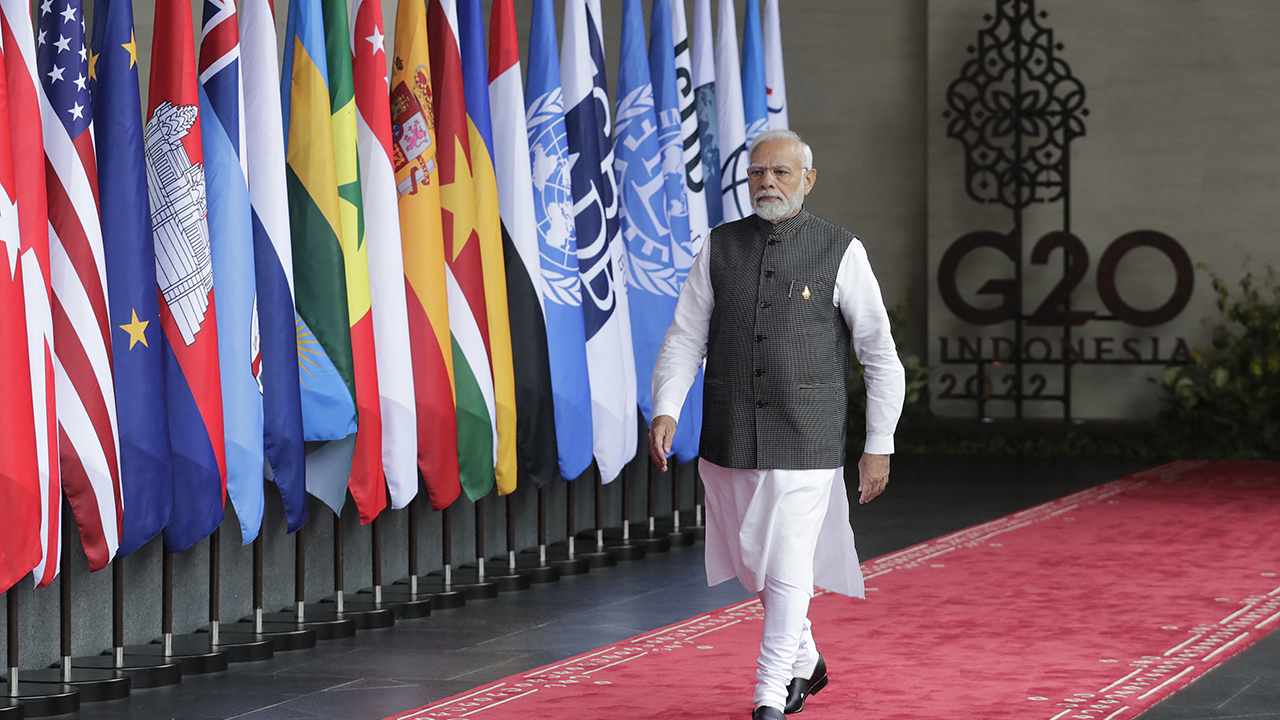China’s Earthquake on TV and on the Internet: Part II
Senior Research Fellow Deborah Fallows reports from China on how the earthquake recovery is portrayed on TV and on the internet.
Senior Research Fellow Deborah Fallows reports from China on how the earthquake recovery is portrayed on TV and on the internet.
(Read on for an account of how blogs, Twitter, and Google provided news coverage in China this week.)
Views of the U.S. in the Muslim World (from The National Interest)
Summary of Findings Democratic voters are not as positive about Barack Obama as they were a month ago. Somewhat smaller percentages of Democrats describe Obama in favorable terms, and he has lost his lead over Hillary Clinton in the race for the Democratic nomination. Nationally, Democratic voters are about evenly divided between Obama and Clinton; […]
Another example of how Chinese newspapers, websites, and internet users react in harmony and rally on many issues: "People 'sign up' to slam media bias."
The tactical success of the surge and the tactical failures of the new Democratic Congress are among the reasons why the five-year-old conflict seems to have disappeared from the headlines. And then there are the competing demands of covering the most intriguing presidential campaign in recent memory.
Ratings of how things are going in Iraq have improved over the past year, but a clear majority now say the initial decision to go to war was wrong.
Presidential challengers -- and the ultimate winner -- will face a public that is disillusioned, downbeat and partisan about foreign affairs but far from clear about what it wants done.
Summary of Findings What’s Your News IQ? Take the LatestQuiz Public awareness of the number of American military fatalities in Iraq has declined sharply since last August. Today, just 28% of adults are able to say that approximately 4,000 Americans have died in the Iraq war. As of March 10, the Department of Defense had […]
A huge partisan gap divides Americans on the question of whether the U.S. is making progress in defeating the insurgency in Iraq with 80% of Republicans saying that it is, but only 36% of Democrats agreeing.
Across 12 countries, a median of 40% of adults say they have no confidence in Indian Prime Minister Narendra Modi to do the right thing regarding world affairs. About eight-in-ten Indians have a favorable view of Modi.
Majorities in most countries say China does not take into account the interests of other countries in its foreign policy, and China does not contribute to global peace and stability.
Across 24 countries, large shares have an unfavorable view of Russia and no confidence in Putin to do the right thing regarding world affairs.
Overwhelmingly, people believe the U.S. interferes in the affairs of other countries, but most also believe the U.S. contributes to peace and stability around the world. U.S. President Joe Biden receives mostly positive reviews.



